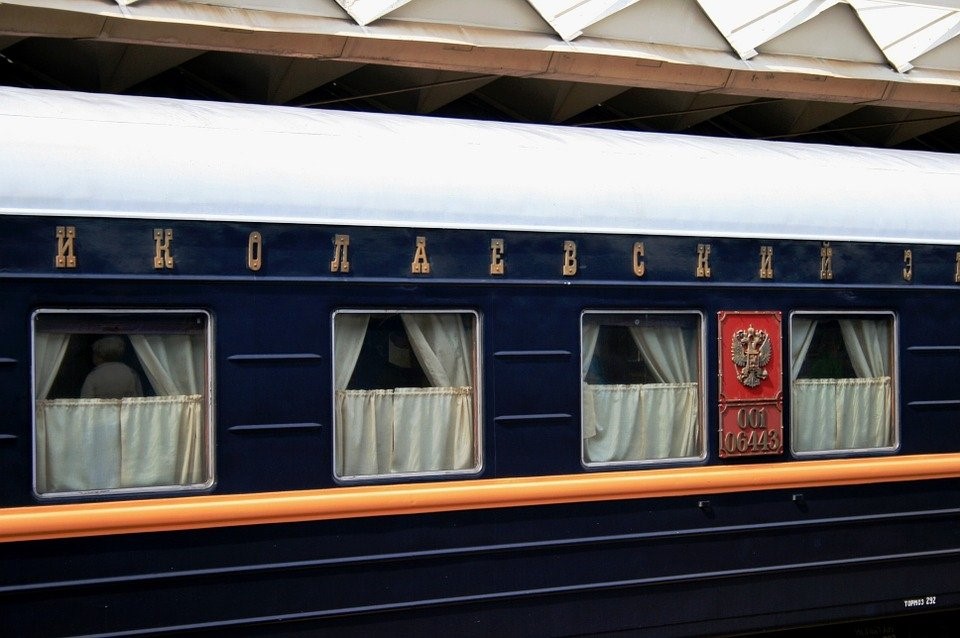As great power rivalry among Russia, China, and the United States heats up it is important not to overlook Russian intra-regional competition along that country’s border areas in the Central Asian states. New trade routes, including rail, road, and air are being developed by Russia in was once part of its internal transport infrastructure. Today the smaller nation-states in the region are intensifying competition among themselves to gain benefits from Russia, China, Turkey, Iran and the other major powers now active in the area. According to Paul Goble, of the Jamestown Foundation, Russia controlled much of the region until 1991. It built the rail system to benefit Moscow’s needs. With the withdrawal of US forces from Afghanistan almost complete, the regional situation is exposing differences among the Central Asian crossroads states and raising the potential risk level for conflict in the area.
Not all the Central Asian states are benefitting equally from renewed interest. The result is that each state is competing with the others for largess from Russia and the other major powers investing in regional infrastructure projects. There are new rail and shipping lines near the Caspian Sea in places such as Tashkent, Uzbekistan, and in the port of Makhachkala, the capital of Russia’s Republic of Dagestan. The names may not be familiar, but they are significant in that Iran and others are competing with Russia for influence in these littoral states. Four years ago, Goble wrote that “In Soviet times, Moscow and Tehran divided the Caspian into two unequal zones, a division that even then had important implications because of the oil and natural gas reserves discovered on the seafloor as well as due to the rising trade between the Soviet Union and Iran. With the disintegration of the Soviet Union, the number of littoral states increased from two to five: Azerbaijan, Kazakhstan and Turkmenistan thus become involved in talks about delimitation and trade on the Caspian alongside the Russian Federation and Iran.” It raises the specter of regional economic conflict morphing into a major military confrontation in the future.
For 23 years, ending in May 2020 due to the COVID pandemic, Russian transshipment of goods rose annually in all the Federation’s seaports except for the Caspian region, where the volume decreased by 12.2%. A TASS interview with Vadim Yakovenko, head of the Russian Federal Property Management Agency, said that Makhachkala Commercial Sea Port is the only non-freezing and deep-water port of Russia in the Caspian Sea, which accepts ships up to 150 meters in length. To improve the level of Russia’s cargo transshipment there, Moscow is developing new routes in an attempt to increase its level of trade while also constraining expansion by other states. Russia and China, according to Goble, are working together to press for a region-wide approach to ensure they benefit most in the wake of recent Taliban victories in Afghanistan.
Infrastructure projects once posited as unifying are now intensifying competition among the Central Asian states and between the major powers. Russia is working hard to maintain its dominance in the region. It is building railways that connect to and support its maritime commerce. The now sovereign railways, second only in importance to maritime infrastructure, often suffered from lack of local funding for maintenance and improvements in the past. Russia is attempting to fix the funding issue. According to the World Bank, the level of transport connectivity in Central Asia makes it one of the least connected areas of the world. Russia intends to boost its regional influence by improving the transportation sector and is willing to do so at the expense of other states.
According to the publication, Eurasian Integration, “Each of the Central Asian states has adopted transport development strategies that are linked with international projects of trans-Eurasian transport corridors, including those within the EAEU, SCO, the Chinese One Belt – One Road project and the North-South corridor… the problems of connectivity of communications, coverage of territories, the degree of coverage by the railway network, access to the largest international markets remain significant.”
Last year the volume of freight rail traffic from China to Europe increased by 50%, which is seven times that from 2016. According to a December 2021 article by Fyodor Koloskov in Eurasian Integration, P. Sevostyanov, a State Advisor of the Russian Federation, said “the transportation of goods by the new railway will reduce transport costs between Russia and Pakistan by 17-20%, and between the countries of Central Asia and Pakistan by 35%.” Those numbers are too good for Russia or China to step aside and allow the smaller countries in the region to develop their own transportation hubs more suited to their needs.
DARIA NOVAK served in the United States State Department during the Reagan Administration, and currently is on the Board of the American Analysis of News and Media Inc., which publishes usagovpolicy.com and the New York Analysis of Policy and Government. Each Thursday, she presents key updates on China.
Illustration: Russian rail car (Pixabay)
